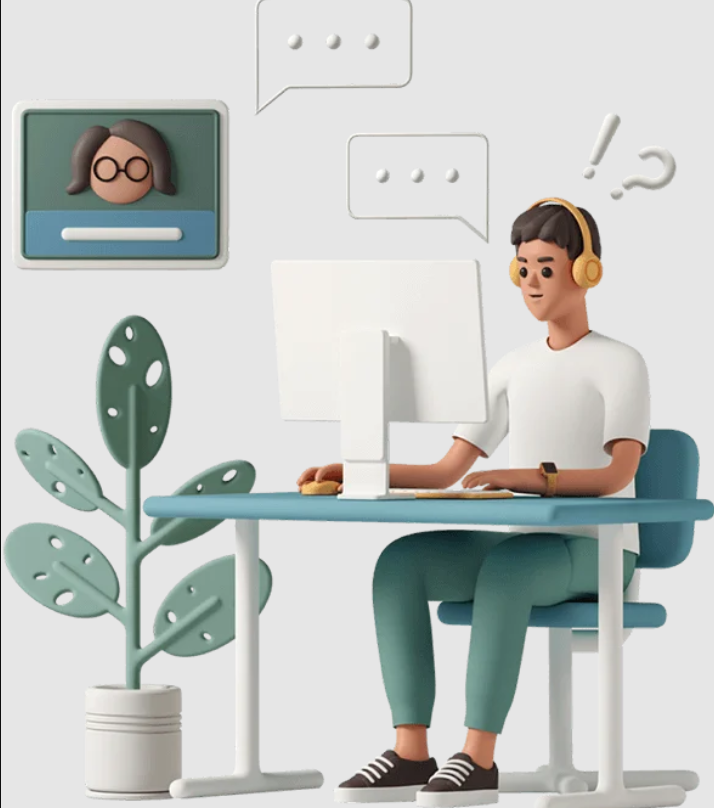WHY RUSSIAN LANGUAGE?
Learning Russian is a great choice for many reasons.
It is one of the six official languages of the United Nations and spoken by over 250 million people worldwide, making it the most widely spoken native language in Europe and the eighth most spoken language globally.
Knowing Russian opens the door to a rich cultural heritage, including world-famous literature by authors like Tolstoy and Dostoevsky, classical music, ballet, and cinema, allowing you to experience these works in their original language.
Additionally, Russian is important for business and career opportunities in fields such as international trade, diplomacy, science, and energy, especially across Russia, Eastern Europe, and Central Asia.
For travelers, Russian enables deeper exploration and connection with people in a vast and diverse region, from Moscow to Siberia.
The language also provides access to a wealth of scientific and academic materials that are often unavailable in other languages.
Finally, learning Russian is intellectually rewarding, as it challenges the learner with its unique alphabet and grammar, helping to improve memory, concentration, and problem-solving skills.
Overall, whether you are interested in culture, career, travel, or personal growth, Russian is a fascinating and valuable language to learn.
